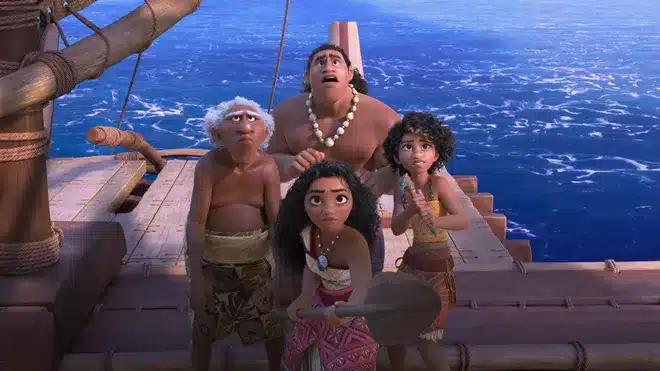Disney has recently emerged victorious in a significant legal battle concerning its beloved animated film, Moana. The lawsuit, centered around allegations of copyright infringement, has been a topic of considerable discussion in the entertainment industry. This victory not only secures Disney’s intellectual property rights but also reinforces the corporation’s robust legal standing in protecting its creative assets (Disney Moana Lawsuit Bucky).
The lawsuit was filed by a small production company claiming that Disney had infringed upon its copyrighted work in the making of Moana. The plaintiff alleged that certain elements of the storyline and character design were strikingly similar to their own project. Disney, however, maintained that Moana was an original creation, deeply rooted in Polynesian mythology and culture, and developed independently by its team of writers and animators.
After months of legal proceedings, the court ruled in favor of Disney, citing a lack of substantial evidence to support the plaintiff’s claims. The judge concluded that the similarities presented were generic and not protected by copyright law. This decision underscores the importance of distinguishing between inspiration and infringement, particularly in creative industries where themes and motifs often overlap.
The favorable ruling is a significant relief for Disney’s home entertainment division. A ruling against Disney could have led to substantial financial repercussions, including potential restrictions on the distribution and sale of Moana-related merchandise and media. With this legal hurdle cleared, Disney can continue to distribute Moana across various platforms without the looming threat of legal action.
This case highlights Disney’s ongoing efforts to safeguard its intellectual property. As a global leader in entertainment, Disney is no stranger to legal challenges regarding its vast portfolio of characters and stories. The company invests heavily in legal resources to ensure that its creative assets remain protected from unauthorized use and duplication.
The ruling has been met with mixed reactions from industry insiders. Some view it as a reaffirmation of the strength of Disney’s legal strategies, while others express concern about the challenges smaller creators face when alleging copyright infringement against large corporations. Nonetheless, this case serves as a reminder of the complexities involved in intellectual property law and the rigorous standards required to prove infringement.
In conclusion, Disney’s victory in the Moana copyright infringement lawsuit not only strengthens its position in the entertainment industry but also emphasizes the importance of protecting creative works. As Disney continues to innovate and expand its storytelling horizons, the company remains committed to upholding the integrity of its intellectual property.

